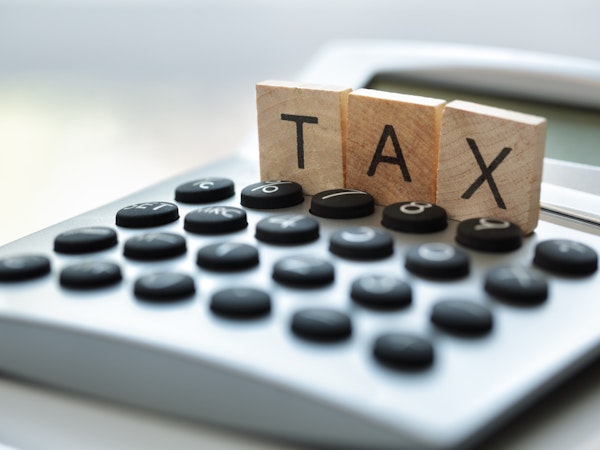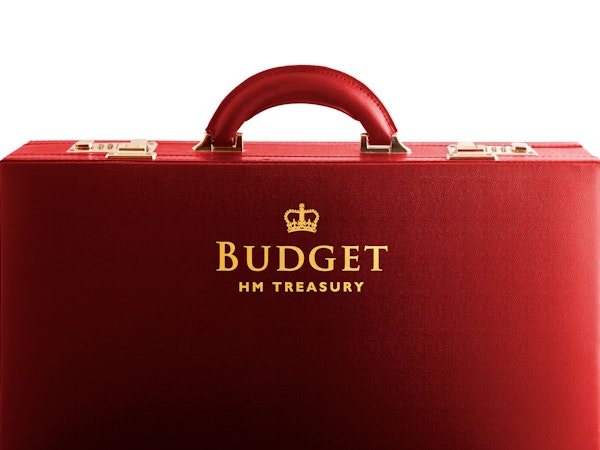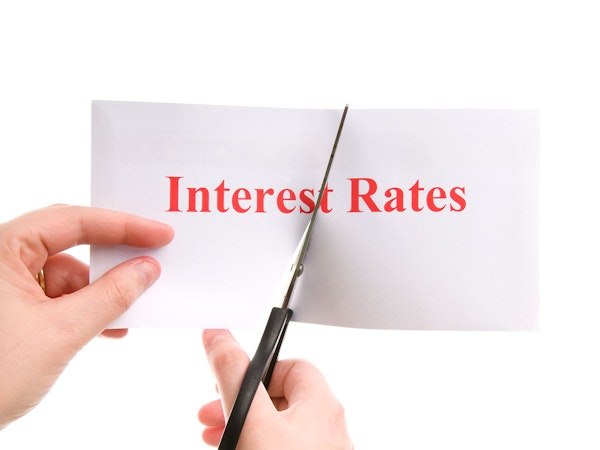Getting to grips with the tax gap
HMRC did not collect 5.6% of the tax revenue due for 2017/18 according to its annual report on the tax gap and the biggest increase in shortfall was from smaller businesses and individuals.

The £35bn missing from expected tax receipts is a new record in cash terms, with an increase of £2bn on the previous year. Tax evasion and criminal activity together with small businesses failing to pay are the main culprits.
Some analysts believe the figure to be much greater since the figures do not include profit shifting by large multinationals, such as Apple or Google, or the hidden economy. What the report does show, however, is a particular shortfall of £14bn from smaller firms which is almost double that of larger companies.
Closer analysis reveals a steep rise in the amount of unpaid self-assessment tax. A total of £7.4bn was not collected, up more than 10% on the previous year. At the same time the PAYE tax gap improved marginally, down from 1.1% to 1%. For income tax, National Insurance contributions and capital gains tax, the overall figure was £12.9bn or 3.9% of all potential liabilities.
A combination of tax complexity and an under-resourced HMRC appear to underlie the figures. Fewer random audits have been carried out in recent years, while the number of targeted audits, which have been shown to bring in up to four times their cost to carry out, have also decreased. Staff redeployed to focus on Brexit issues has also contributed to resourcing issues.
One interesting contributory explanation is a figure of £6.2bn of tax lost due to differing “legal interpretation” of tax rules between the Revenue and taxpayers. With some recent high-profile cases around IR35 going against HMRC’s interpretation of its rules, there are increased calls for simplification and clarity.
HMRC is the only tax authority to publish estimates of uncollected taxes. However, they are only estimates, and the methods used to calculate them have been questioned. But with the published tax gap figures apparently equivalent to the housing and environment budget, or the public order and safety budget (depending on which reports you read), the problem goes beyond HMRC’s issues to the heart of the compact between taxpayers and society.





